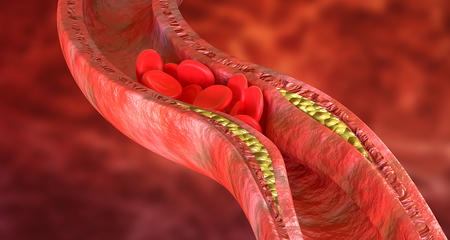Prevention works. That’s the basis of treating most high cholesterol and lipid disorders. Healthy lifestyle choices can prevent high cholesterol and controlling lipid abnormalities can prevent serious heart and vascular disease. Not every treatment works for every patient, so our preventive cardiology and lipid therapy experts use national, evidence-based guidelines to find the best approach for each patient. Two common treatment approaches are preventive cardiology and lifestyle changes, and medications and optimal medical therapy (OMT).
Preventive Cardiology and Lifestyle Changes
Not smoking, maintaining a healthy weight and a healthy diet, and getting regular exercise can all help prevent some lipid disorders. Treating and controlling other underlying diseases can also help prevent abnormal lipid levels. We work with nutritionists and other medical professionals to help our patients develop healthier habits.
Medications and Optimal Medical Therapy (OMT)
Lifestyle changes aren’t always possible or practical for all patients with lipid abnormalities. Medications, such as statins, are effective in lowering cholesterol levels for many patients. Other medications, including bile acid sequestrants, cholesterol absorption inhibitors, fibric acid derivatives, and niacin can also help control lipid levels. Every medication has its own risks and benefits. We work closely with our patients to ensure their therapy is working and to adjust statins and other medications as necessary.
Virtual Visits Are Available
Safe and convenient virtual visits by video let you get the care you need via a mobile device, tablet or computer wherever you are. We'll assess your condition and develop a treatment plan right away. To schedule a virtual visit, call 414-777-7700.


